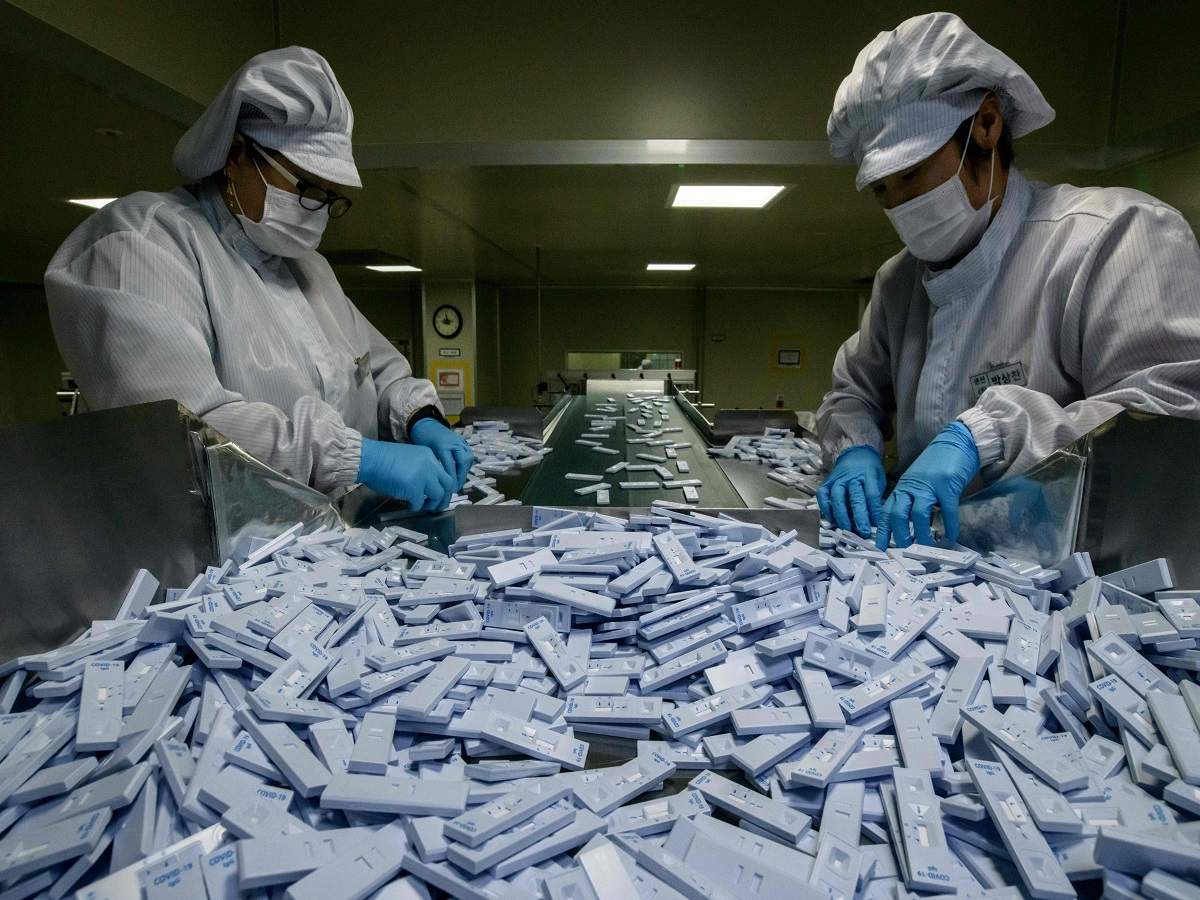22 March 2020
The World Health Organization (WHO) has launched the SOLIDARITY trial – a global mega-trial to look at 4 drugs or combinations, as potential COVID-19 treatments.
Several countries have already signed up, including Canada, France and Iran. The US and UK have not been named at this stage. Four drugs or combinations of drugs will be tested for their effectiveness in treating COVID-19.
These are remdesivir (an antiviral), lopinavir and ritonavir in combination (2 antivirals used in HIV), the lopinavir and ritonavir combination plus interferon beta, and the antimalarial drug chloroquine.
Remdesivir is an antiviral that has been trialled (unsuccessfully) to fight Ebola virus. Experimentally, it has been shown to inhibit some coronavirus infections – SARS and MERS. It stops the virus from replicating.
Lopinavir and ritonavir. Lopinavir is a protease inhibitor used in the treatment of HIV. It has been shown to inhibit the SARS virus in vitro (in a test tube). It is combined with ritonavir, which increases the length of time it is active in the body. A trial in 200 adults hospitalised with severe COVID-19 did not find any benefit of lopinavir and ritonavir over standard care.
Beta-interferon is a drug used in multiple sclerosis. It works by reducing inflammation and regulating the immune system.
Chloroquine and hydroxychloroquine
Chloroquine and its derivative hydroxychloroquine are antimalarial drugs. Hydroxychloroquine is also used to treat rheumatoid arthritis. Hydroxychloroquine has shown antiviral activity against coronaviruses in vitro and specifically against SARS-CoV-2, the virus that causes COVID-19.
As well as being effective, any potential drug treatment must also be tolerated well by patients. At the doses that might be needed to fight SARS-CoV-2, side-effects may become an issue for some drugs.
The trial is designed to be simple and easy for the participating hospitals to record data.





